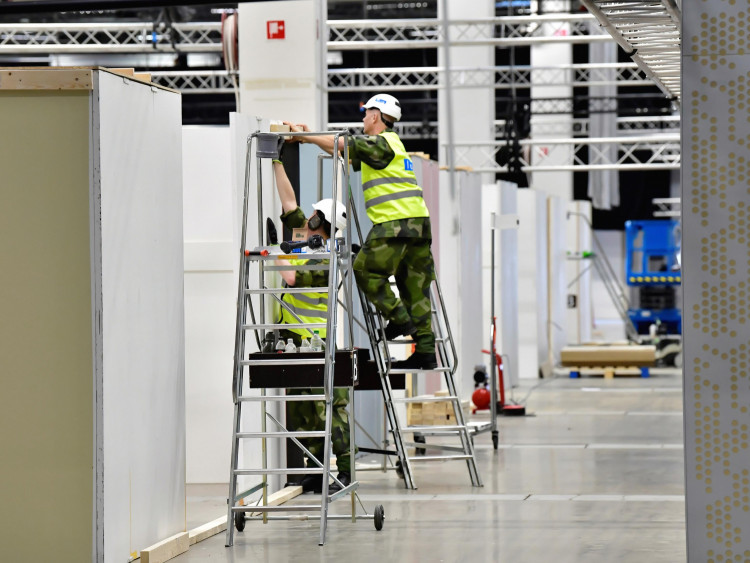When the coronavirus found its way into Scandinavian countries, Norway and Denmark rushed to impose tight controls on their borders to stop the spill. Their neighbor, Sweden, has taken a distinctly different course.
Like Denmark's immediate neighbors, Finland and Norway, Sweden has not shut its borders or even their schools. They remain open. Nor has government officials ordered to shut down non-essential businesses or prohibited gathering of crowds of more than two individuals, like what the UK and Germany have done.
Meanwhile, it is mostly business as usual in Sweden, with most schools open and up to 50 people meeting allowed. Cafés and restaurants will stay open for as long as they only serve seated customers and spread tables out.
Most firms, such as Jansson's, opt to operate remotely as part of government mandates but are not forced to do so. The Swedish government "puts a lot of responsibility" on the people, Dr. Emma Frans, an epidemiologist based at the Karolinska Institute, stressed.
Anders Tegnell, Sweden's state epidemiologist, said the different approach represented the independence that government agencies like Sweden's Public Health Agency have historically enjoyed, and the inability of policymakers to bypass expert advice.
Norway reported over 3,770 cases of coronavirus and 19 deaths; Denmark's population of 5.6 million reported 2,200 cases and 52 deaths; Sweden has 3,700 confirmed cases of coronavirus, and 110 deaths have been reported, the latest public health agency data shows.
By comparison, Italy, the epicenter of the epidemic in Europe, has about 100,000 cases and more than 10,000 deaths, the latest data showed Sunday. Meanwhile, Spain, Europe's second worst-hit country, has nearly 80,000 confirmed cases, and 6,500 deaths. The U.K. has reported nearly 20,000 cases and 1,228 deaths from the virus, considered to be about two weeks behind Italy in terms of the epidemic.
A recent headline in the Danish newspaper Politiken encapsulates the ricocheting problem across Europe: "Doesn't Sweden take the crisis in the corona seriously?
No evidence exists that Swedes underplay the enormity of the global health disaster. The country's leader and health officials have restricted interaction among its people, emphasized hand washing, social distancing, and protecting people older than 70.
But peer into any cafe in the capital, Stockholm, and groups of two or more people can be seen dining casually and cappuccinos can be enjoyed. Playgrounds are full of kids, playing. Restaurants, gyms, shopping malls and ski slopes are thinning out but still in operation.
This weekend, Prime Minister Stefan Löfven said that isolating Stockholm could happen only if the outbreak worsens, but that such measures are not currently being discussed. He had previously insisted that successfully combating the spread of the virus was largely dependent on individual behavior.






